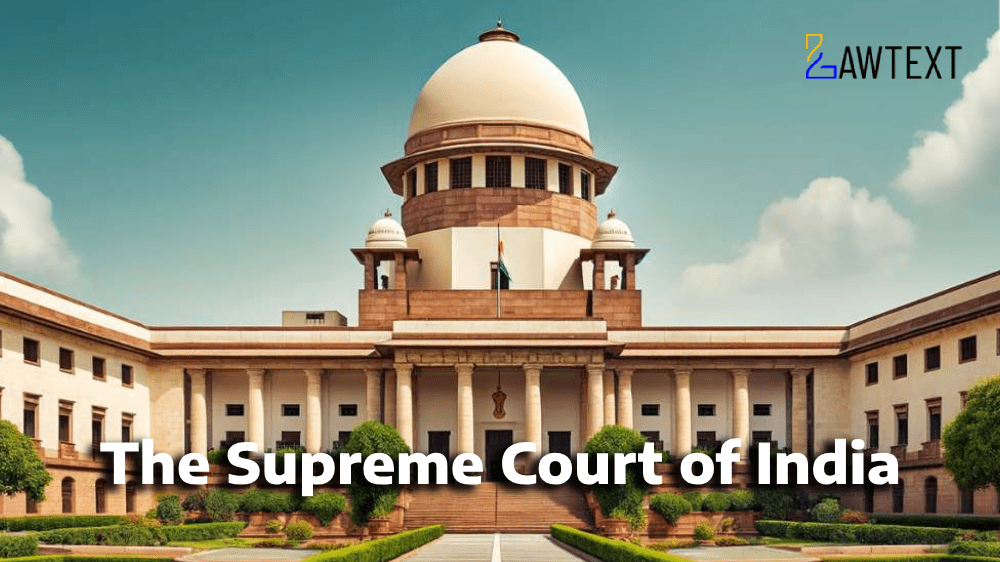Case Note & Summary
The Supreme Court dismissed the appeals challenging the Bombay High Court's decisions dated 08.03.2023 and 29.03.2023. These decisions had set aside the Judicial Magistrate's order directing interim payment under Section 143-A of the Negotiable Instruments Act, 1881 (NI Act) by directors of a company due to cheque dishonour. The Court upheld the interpretation that authorized signatories of cheques are not "drawers" under Section 143-A, reinforcing the company's primary liability in cheque dishonour cases.
1. IntroductionLeave granted. The present appeals challenge the Bombay High Court's judgments and orders dated 08.03.2023 and 29.03.2023 in CRLA 967/2022, which set aside the Judicial Magistrate's order directing interim payment under Section 143-A, NI Act, by the respondents, directors of a company.
2. Background of the CaseThe appellant company entered into several agreements with Cane Agro Energy (India) Ltd. (Cane) between September 2016 and June 2017, involving advance payments for sugar supply. Due to Cane's failure to fulfill obligations, two cheques issued by Cane were dishonoured. The appellant filed a complaint, and the Judicial Magistrate directed interim compensation.
3. Judicial Proceedings Initial Complaint and Moratorium: The Judicial Magistrate issued process against the respondents, but Cane was admitted into Corporate Insolvency Resolution Process (CIRP), halting proceedings against Cane but not the directors. Interim Compensation Order: The Judicial Magistrate ordered interim compensation under Section 143-A, NI Act. High Court's Stay and Judgment: The High Court stayed the interim compensation order and later ruled that signatories are not "drawers" under Section 143-A, setting aside the interim compensation order. 4. Legal Analysis by the High Court Obligation of the Drawer: The drawer, under Section 7 of the NI Act, is responsible for ensuring sufficient funds in the account. General Rule of Criminal Liability: Criminal liability generally does not extend to individuals for acts committed by others unless specific statutory provisions, like Section 141 of the NI Act, apply. Authorized Signatory vs. Company: An authorized signatory acts on behalf of a company but does not assume the company's legal identity. Statutory Interpretation of Section 143-A: The term "drawer" in Section 143-A refers specifically to the issuer of the cheque, not authorized signatories. 5. Submissions of the AppellantThe appellant argued for a broader interpretation of "drawer" under Section 143-A to include directors and officers, especially given the CIRP proceedings against Cane. They cited Aneeta Hada's case to support their argument.
6. Submissions of the RespondentsThe respondents contended that an authorized signatory is not a drawer, supported by the judgment in N. Harihara Krishnan. They argued for a strict interpretation of Section 143-A, focusing on the company's primary liability.
7. Supreme Court's AnalysisThe Court upheld the High Court's interpretation that "drawer" refers to the issuer of the cheque, not the authorized signatories. It emphasized the need for a literal interpretation of penal statutes and rejected the appellant's broader interpretation.
8. ConclusionThe Supreme Court dismissed the appeals, upholding the High Court's judgments. The term "drawer" under Section 143-A of the NI Act specifically refers to the issuer of the cheque, excluding authorized signatories. The appeals were accordingly dismissed, and any pending applications were disposed of.
9. JudgmentThe question of law regarding the liability of authorized signatories under Section 143-A, NI Act, was answered in the negative. The primary liability for cheque dishonour lies with the company, and the company's management is vicariously liable only under specific conditions provided in Section 141.
Issue of Consideration: SHRI GURUDATTA SUGARS MARKETING PVT. LTD. VERSUS PRITHVIRAJ SAYAJIRAO DESHMUKH & ORS.
Premium Content
The Issue of Consideration is only available to subscribed members.
Subscribe Now to access critical case issues





